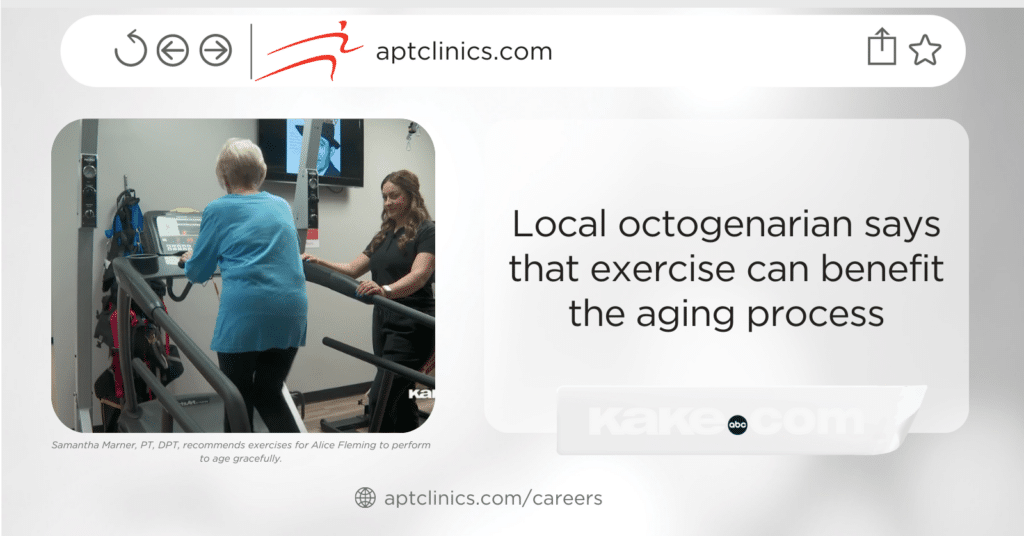Are you fatiguing quickly or having increased pain? Difficulty with land activities, exercises or physical therapy rehabilitation? Aquatic therapy may be a better option for you. Aquatic therapy can be for all ages from babies to geriatric, post operatives, and chronic or acute pain injuries. Ask your doctor or physical therapist if you could benefit from aquatic exercises.
Common Diagnoses
There are many diagnoses that we treat in the water. These include:
- arthritic joints
- total joint replacements
- abnormal gait patterns
- spinal cord injuries or surgeries
- back injuries (chronic or acute)
- one who lacks mobility or range of motion
If there is an open wound or unhealed incision, an aquatic physical therapist covers it with Opsite to allow the patient to enter the water without risking infection.
Why It’s Beneficial
Aquatic therapy can be beneficial because of the increased buoyancy, hydrostatic pressure, and resistance the water provides. Buoyancy increases as the patient move into the deeper water.
What is Hydrostatic Pressure?
Hydrostatic pressure provides a constant compressive force that can increase proprioception, decrease swelling, and aid in the venous blood return to help lower heart rate and blood pressure. Resistance is also provided when walking, pushing, kicking, or pulling to allow the patient to strengthen without weights.
So, why aquatic therapy?
The best thing about aquatic therapy is feeling less strenuous and less pain when performing the exercises. This can be a good and bad thing because patients can overdo it in the water if they don’t know what over exercising feels like in the water.
It is a good idea to begin with guidance and education by a therapist before performing the exercises independently. Aquatic therapy is not a good option if patients have uncontrolled seizures, angina, bowel incontinence, blood clot, absent cough reflex, or acute rheumatoid flare up.
Please discuss aquatic therapy option with your doctor or physical therapist if you feel you match these criteria.
Content provided by Bethany Balzer, PTA




